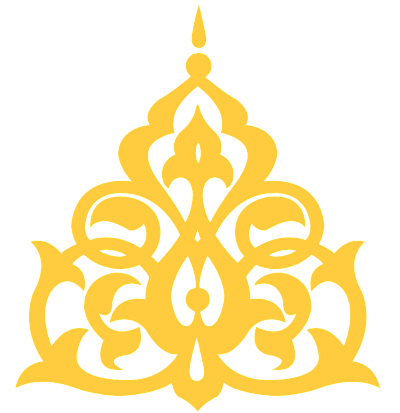This poster is part of the new Second Edition set that has been greatly improved - new revised text reflects post 9-11 America; redesigned with new and more pertinent images.
Each poster was approved by scholars.
Each poster is laminated, 36" x 24".
Can easily be mounted on an Easel or a Foam board.
Note: This poster is sold as part of a set. Please see purchase options below.


